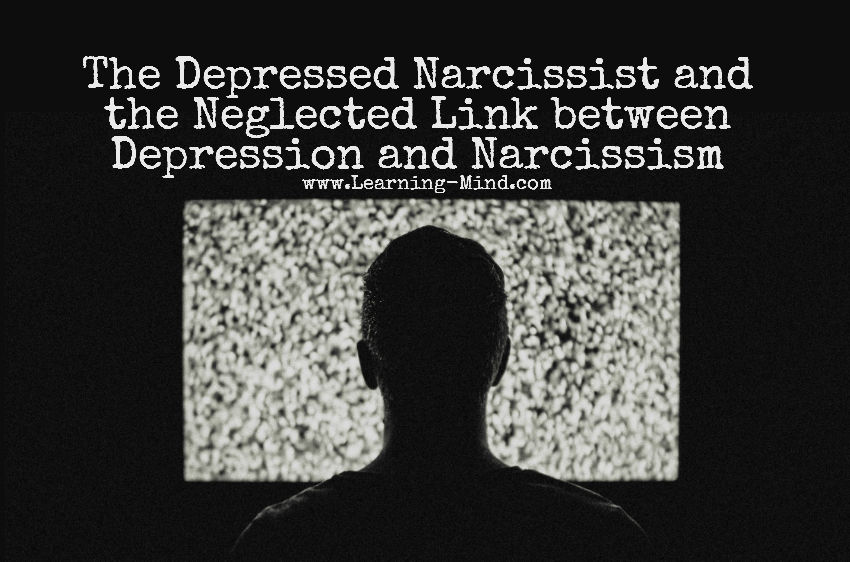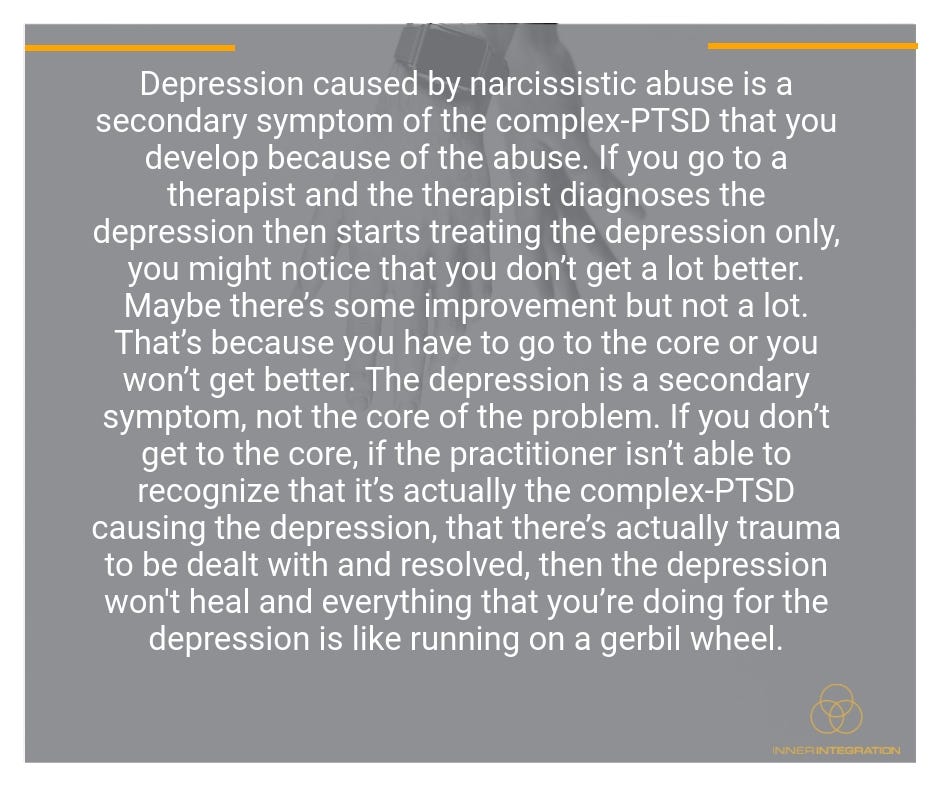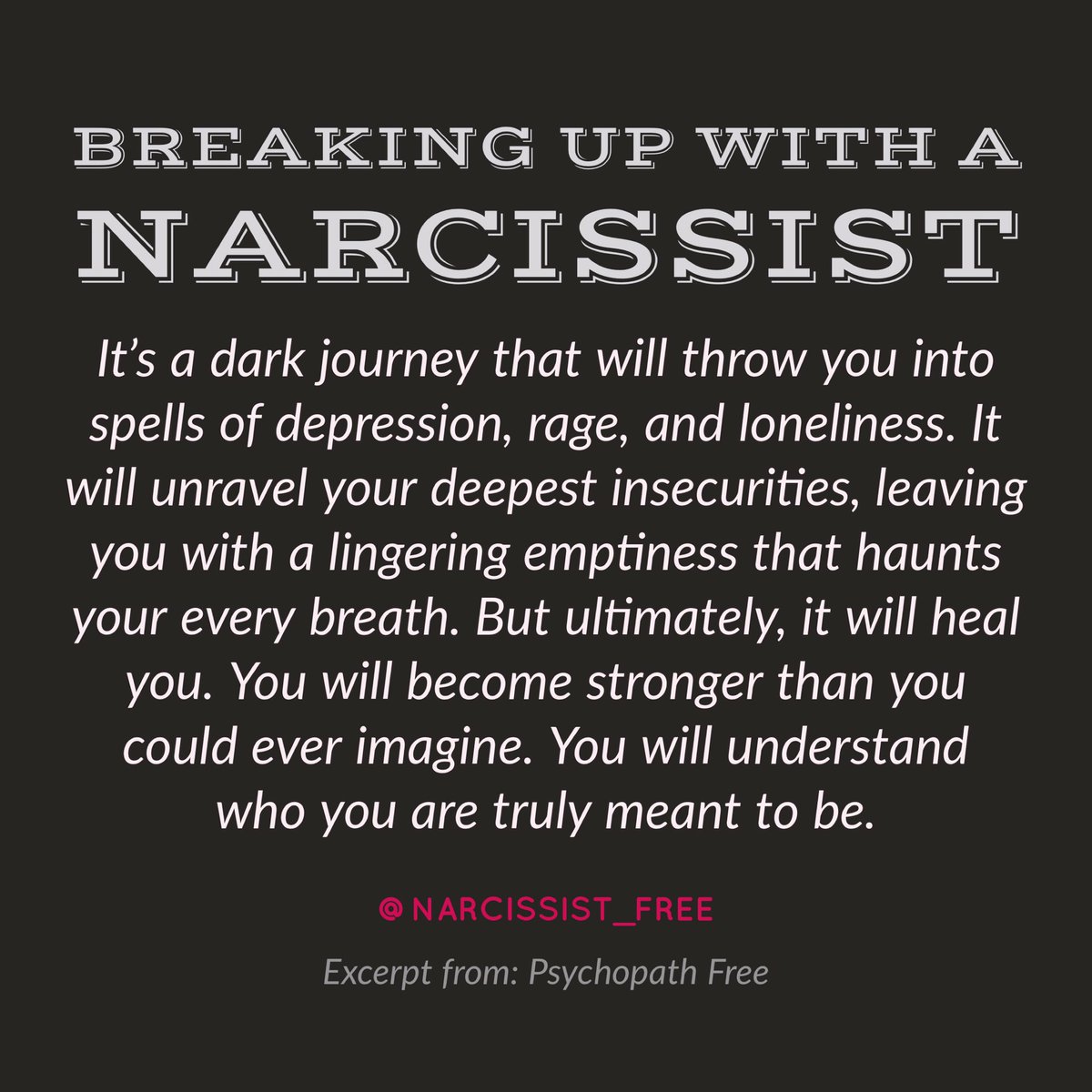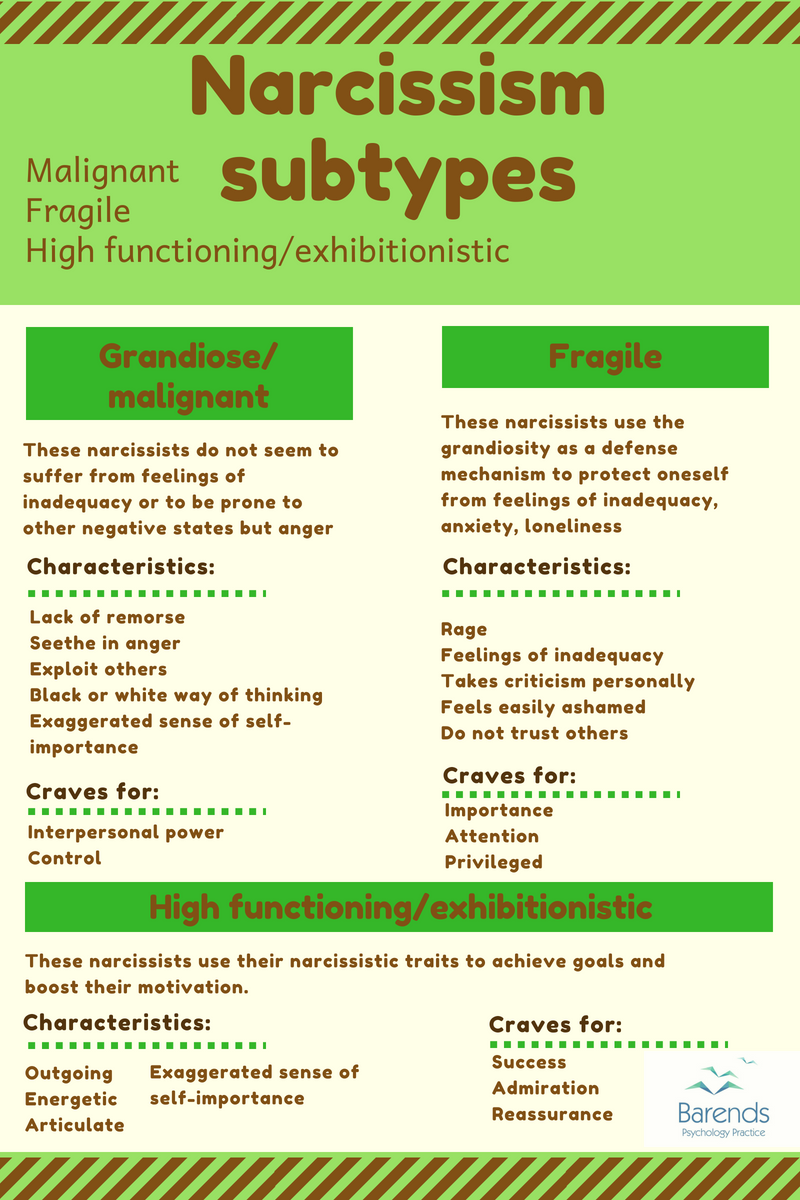The Depressive Narcissist

He or she also suffers from dysthymic cyclothymic and several other types of clinical depression.
The depressive narcissist. The life of the typical narcissist is indeed punctuated with recurrent bouts of dysphoria ubiquitous sadness and hopelessness anhedonia loss of the ability to feel pleasure and clinical forms of depression cyclothymic dysthymic or other. How this happens is not known. The narcissist feeds off praise and attention as you may already know. The life of the typical narcissist is indeed punctuated with recurrent bouts of dysphoria ubiquitous sadness and hopelessness anhedonia loss of the ability to feel pleasure and clinical forms of depression cyclothymic dysthymic or other.
Pathological narcissism is considered to be a certain formof depressive illness by many different scholars. Deep and acute depression which follows the aforementioned losses of supply. Narcissistic personality disorder is an extreme manifestation of the trait says developmental psychologist eddie brummelman a fellow at stanford university. Typical narcissist actually does suffer from recurrentbouts of anhedonia and dysphoria.
As reported by researchers kealy laverdière and pincus 2020 pathological narcissism increases the risk of depression. There s something about narcissists that you may not know. Their main goal is to be the center of attention to be better to. The depressive narcissist narcissism depression and dysphoria i.
Loss of narcissistic supply. The term narcissist gets thrown around a lot. Many psychologists of the modern daycompletely agree with this idea. The disorder can be diagnosed only.
These people might seem self centered. The narcissist is often an adult with an inability to maturely share their ideas talents or strengths with other people. People with narcissism generally rely heavily on the care and attention of others for their feelings of self worth such that when that attention is withdrawn they might fall into depression. Some experts believe that narcissism can easily occur simultaneously with bipolar disorder a type of depression.
Loss induced dysphoria. Narcissism and depression are believed to sometimes occur together probably because the narcissistic personality is incapable of developing true feelings of self worth or intimacy with others. This is the narcissist s depressive reaction to the loss of one or more sources of. What is the depressed narcissist.
They are plagued with dysphoria feelings of.

















